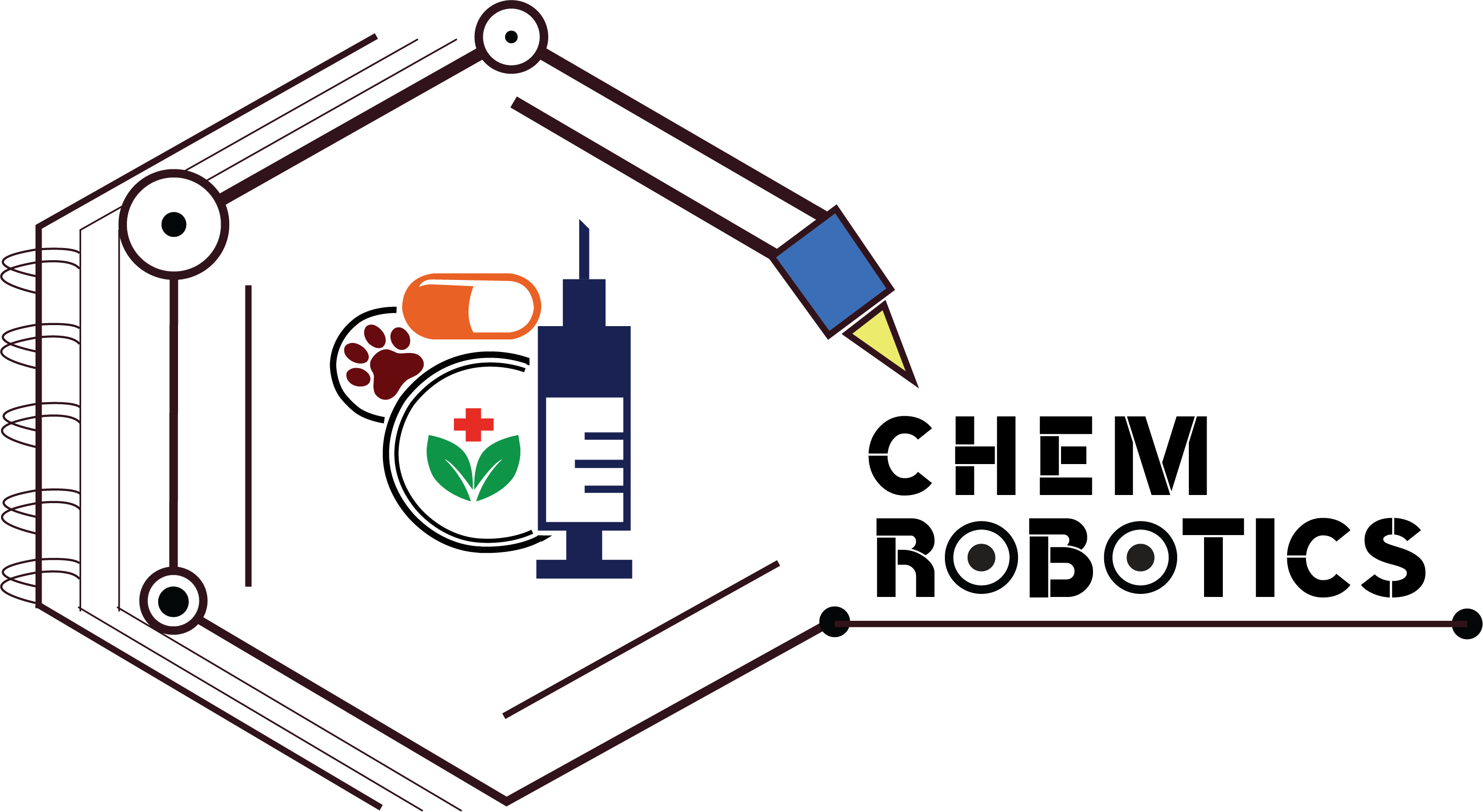
African Countries to Get Covid Relief soon
Summary-
- BioNTech in bid to build manufacturing expertise in Africa
- Project seeks to avoid repeat of COVID-19 vaccine inequality
- Backed by EU Commission
- Manufacturing to begin with Mid 2022
BioNTech and Pfizer are responsible for one of the leading covid vaccines, based on mRNA technology, and this deal will see vaccines using the tech made in Africa.
Senegal and Rwanda have signed an agreement with German company BioNTech for the construction of its first start-to-finish factories to make messenger RNA vaccines in Africa. BioNTech, which developed the Pfizer-BioNTech COVID-19 vaccine, said Tuesday that construction will start in mid-2022. It is working with the Institute Pasteur in Dakar, Senegal’s capital, and the Rwandan government, a statement said.
This will be branched out into a wider production network making several hundred million mRNA vaccine doses per year with the goal of transferring ownership and know-how to partners on the continent, the biotech firm added.
“Our goal is to develop vaccines in the African Union and to establish sustainable vaccine production capabilities to jointly improve medical care in Africa,” BioNTech Chief Executive Ugur Sahin said.
The partners may decide to make mRNA vaccines against other diseases such as malaria or tuberculosis depending on future development progress and medical needs, a company spokesperson said.
The project marks a longer-term attempt to avoid a repeat of healthcare inequalities brought to the fore by the coronavirus pandemic.
“Today’s agreements are key steps toward producing vaccines end-to-end in Africa,” Rwandan Health Minister Daniel Ngamije said during the signing ceremony in the capital Kigali, adding that the goal was to include the continent in the “networks of science, innovation and production.”
Ngamije’s enthusiasm echoed in the words of Senegal’s foreign affairs minister.
“What was thought to be a dream is being realized,” said Aïssata Tall Sall, Senegal’s foreign affairs minister.
EU foreign policy chief Josep Borrell said the production “for Africa in Africa” was the “only viable long-term solution to any pandemic.”
Speaking at a media briefing in Kigali, European Union Commissioner for International Partnerships Jutta Urpilainen said that the initial site would be built in Rwanda.
The announcements add details to plans – unveiled by BioNTech in August – to build malaria and tuberculosis vaccine production sites in Rwanda and Senegal, at the time narrowing its search for African location
Pfizer and BioNTech last month struck a deal for South Africa’s Biovac Institute to process over 100 million doses a year of their vaccine for Africa. Biovac will carry out final production steps and bottling based on imported active substance in a process known as fill and finish.
What is mRNA vaccine?
Messenger RNA vaccine, also called mRNA vaccine, is a new type of vaccine to protect against infectious diseases. Unlike other vaccines, it does not put a weakened or inactivated virus into our bodies.
How do mRNA vaccines work?
To trigger an immune response, many vaccines put a weakened or inactivated germ into our bodies. Not mRNA vaccines. Instead, mRNA vaccines use mRNA created in a laboratory to teach our cells how to make a protein—or even just a piece of a protein—that triggers an immune response inside our bodies. That immune response, which produces antibodies, is what protects us from getting infected if the real virus enters our bodies.

Facts About COVID-19 mRNA Vaccines
COVID-19 mRNA vaccines cannot give someone the virus that causes COVID-19 or other viruses.
- mRNA vaccines do not use the live virus that causes COVID-19 and cannot cause infection with the virus that causes COVID-19 or other viruses.
They do not affect or interact with our DNA in any way.
- mRNA never enters the nucleus of the cell where our DNA (genetic material) is located, so it cannot change or influence our genes.
The mRNA and the spike protein don’t last long in the body.
- Our cells break down mRNA and get rid of it within a few days after vaccination.
- Scientists estimate that the spike protein, like other proteins our bodies create, may stay in the body up to a few weeks.
How effective are m-RNa vaccines?
In a pivotal randomised controlled trial, the BNT162b2 mRNA vaccine (tozinameran, Pfizer–BioNTech) showed 95% or greater efficacy against symptomatic and severe COVID-19 disease due to SARS-CoV-2.

